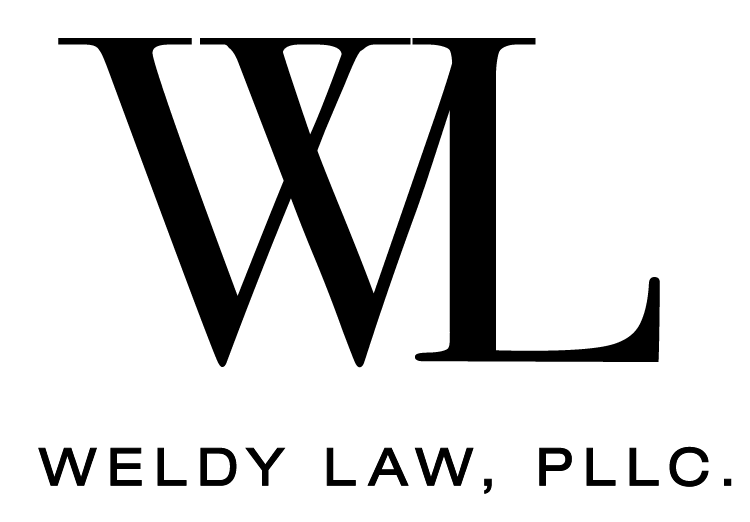Although sometimes not discussed, one of the most important legal issues that arises in the estate administration process is the valuation of the property of the estate. Valuation is principally important because putting the wrong value on a piece of property can mean the estate does not get divided properly in accordance with terms of the will or under Texas law. Poor property valuation can also create tension between heirs and beneficiaries and even lead to costly and timely litigation.
Additionally, not putting the right value on an estate can lead to trouble with federal taxing authorities, assuming of course that the person’s estate is sizable enough to be taxed at the federal level.
For some types of property, getting a value is simple enough. For example, bank accounts, stocks traded on the open market and other financial accounts with a certain dollar value can be evaluated for estate purposes merely by determining how the account’s balance on the date of the person’s death.
Other items are not quite as simple to value. For example, while someone may estimate the value of a home or other piece of real estate using tax records and recent sale prices, often the only conclusive options to get a value is either to appraise the real estate or to sell it in an arm’s length transaction.
Similarly, a person’s belongings and furnishings may require an appraisal. Texas families should be aware that just because an item has a lot of sentimental value, it does not mean that the item has any actual economic value. Many times, personal belongings have no real value and can be given a rough estimate.
Putting a value on the property of an estate is generally not an easy task but is a crucial step. Sometimes, the assistance of an experienced Texas estate administration attorney can be helpful in accomplishing this task.
Weldy Law, PLLC is available to help clients from all over West Texas work through important probate issues. Weldy Law, PLLC welcomes the privilege to assist you with estate planning and probate matters. Call us today for a complimentary consultation- 806-928-2087.
The above blog is for informational purposes and is not intended to be legal advice.


